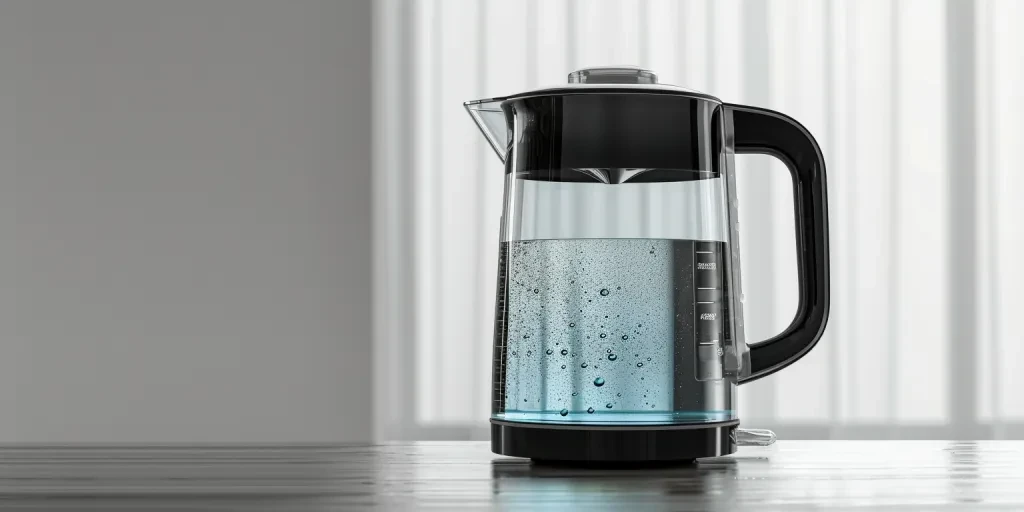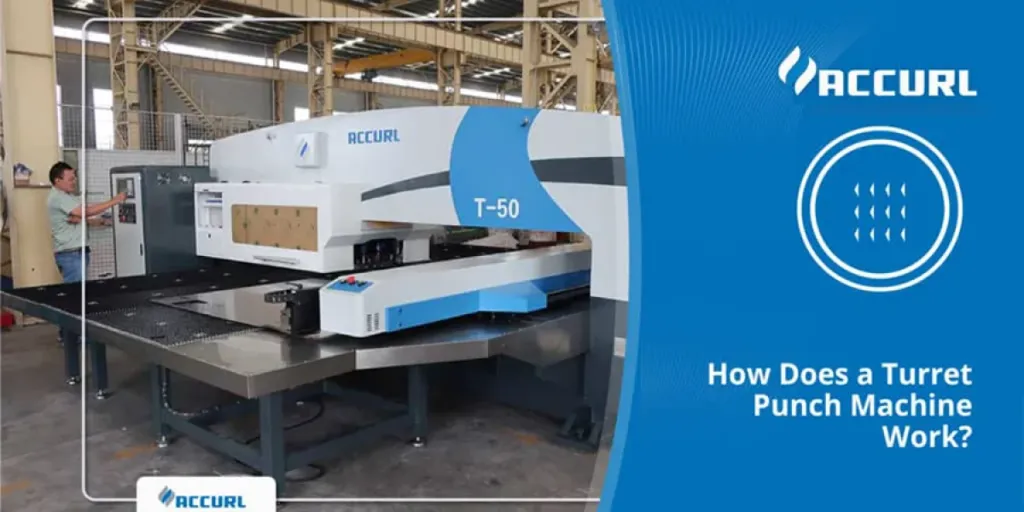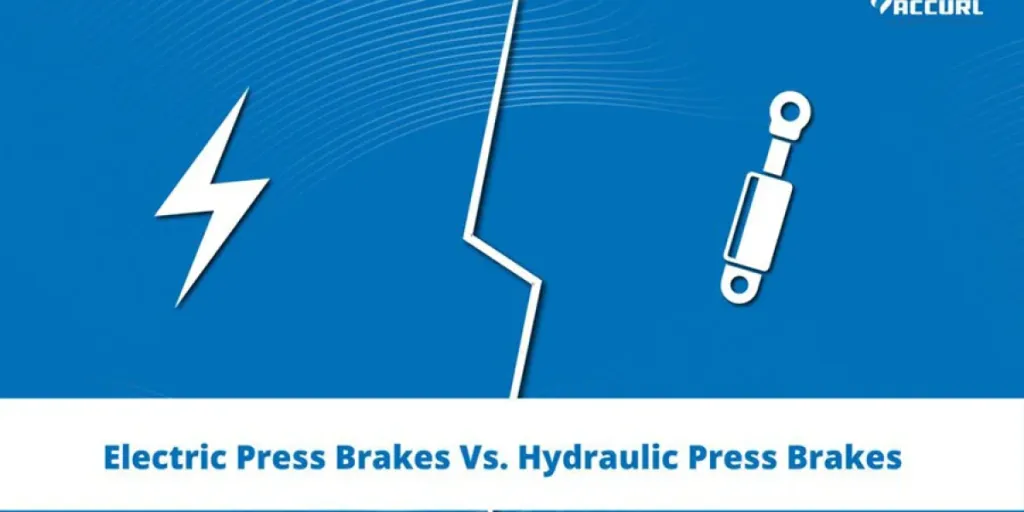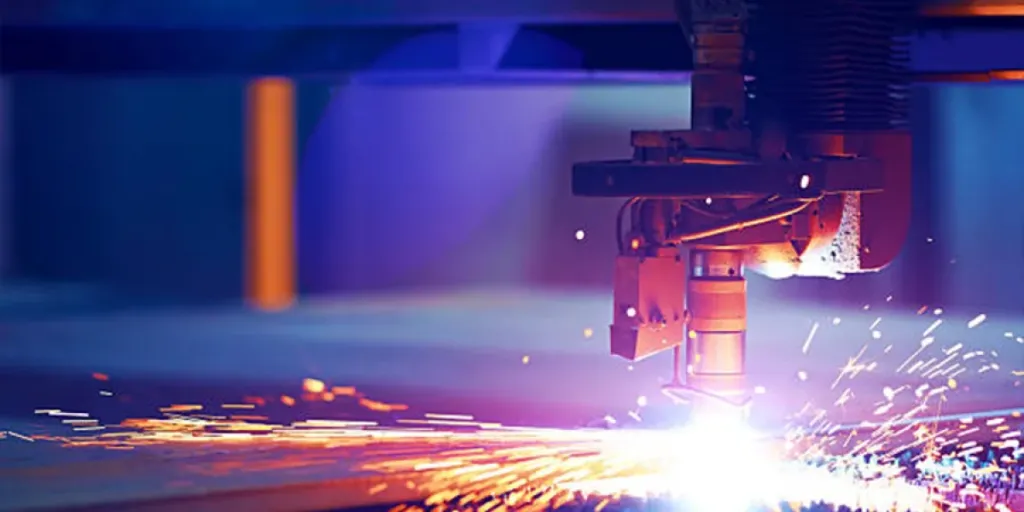Water boilers are an integral part of various industries, including hospitality, manufacturing, and residential sectors, providing a consistent supply of hot water for various purposes. Understanding the intricacies of these machines can significantly impact your selection process, ensuring you choose a unit that meets your specific needs efficiently. This article aims to demystify water boilers, covering the critical aspects potential users and buyers most often query on Google.
Table of Contents:
– Global Water Boiler Market Overview
– In-Depth Analysis of the Water Boiler Market
– Key Factors When Selecting a Water Boiler
– Understanding the Different Types of Water Boilers
– Latest Technological Features in Water Boilers
– Addressing Regulatory Compliance and Certifications
– Final Thoughts
Global Water Boiler Market Overview
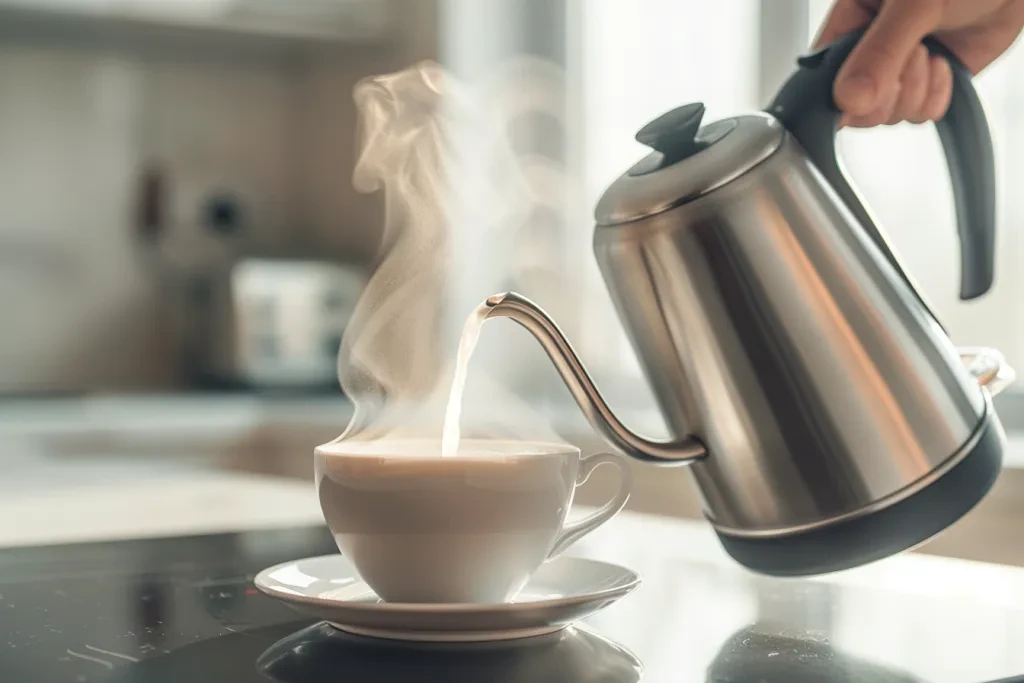
The water boiler market has seen significant growth due to the rising demand for efficient and convenient heating solutions. As of 2025, the global market is valued at approximately USD 12.7 billion and is projected to reach USD 18.5 billion by 2030, with a compound annual growth rate (CAGR) of 6.5%. Key regions contributing to this growth include Asia-Pacific, North America, and Europe, with Asia-Pacific leading due to rapid urbanization and increased disposable incomes.
In North America and Europe, technological advancements and a strong focus on energy efficiency bolster the market. The United States, in particular, has a robust market valued at USD 3.9 billion in 2024, expected to grow at a CAGR of 4.5% to reach USD 5.6 billion by 2032. Similarly, Europe’s market is driven by stringent energy efficiency regulations and a growing preference for smart home appliances.
The commercial sector, including hotels, restaurants, and institutional kitchens, represents a significant portion of the market, accounting for 60% of the total share. Meanwhile, the residential sector is rapidly expanding due to the increasing popularity of smart home devices and energy-efficient solutions.
In-Depth Analysis of the Water Boiler Market
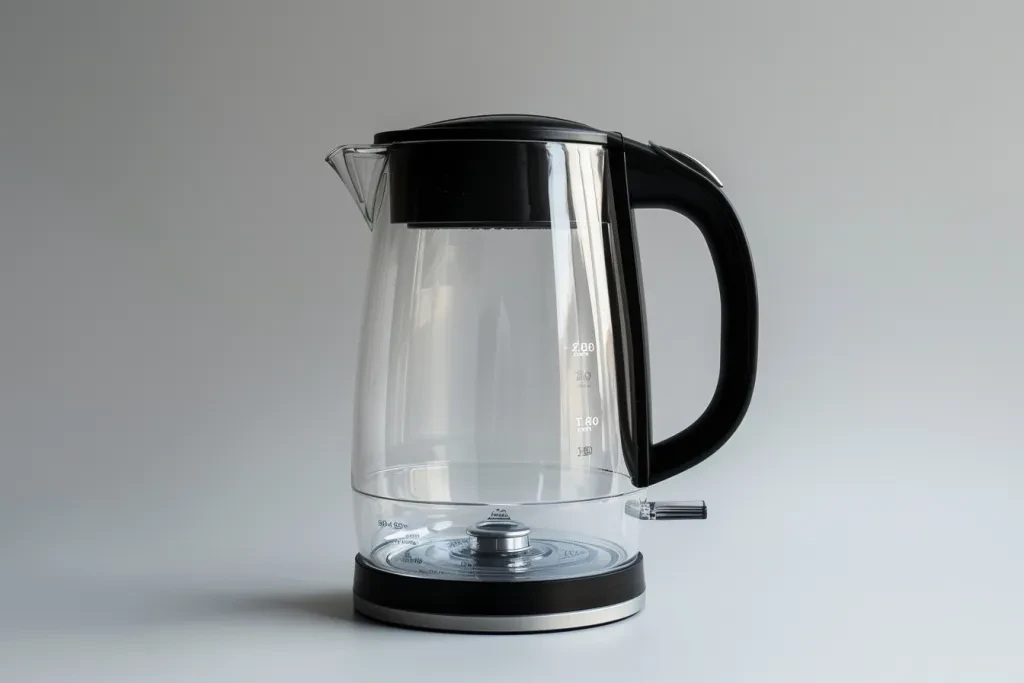
Key Performance Benchmarks
Water boilers are evaluated based on energy efficiency, heating speed, capacity, and safety features. Modern water boilers with rapid heating elements can heat water in less than three minutes, compared to traditional methods that take five to ten minutes. Many models achieve over 90% efficiency due to advanced insulation and heat retention technologies.
Market Share Dynamics
Key players such as Breville Group Ltd., Electrolux AB, and Koninklijke Philips N.V. collectively hold approximately 45% of the market share. These companies leverage extensive distribution networks and strong brand recognition. Smaller players focus on niche markets, offering specialized products like portable water boilers and those with advanced filtration systems.
Economic Influences and Consumer Behavior Shifts
Rising disposable incomes and fluctuating energy prices significantly influence the water boiler market. Increased gas prices have driven consumers towards electric water boilers, seen as more cost-effective and environmentally friendly. The trend towards remote work has also increased the demand for home appliances, including water boilers.
Distribution Channel Preferences
E-commerce platforms have become a preferred distribution channel, accounting for 35% of total sales. This shift is driven by the convenience of online shopping and the availability of a wide range of products. Offline channels, including specialty stores and supermarkets, still hold a significant share due to consumer preference for direct product inspection and immediate purchase.
Recent Innovations
Technological advancements have led to smart water boilers with features like Wi-Fi connectivity, app control, and voice command integration. For example, Xiaomi’s MIJIA Thermostatic Kettle 2 Pro offers app customization and precise temperature control, enhancing user convenience and energy efficiency. Innovations in materials, such as more durable and heat-resistant alloys, have also improved product longevity and performance.
Product Lifecycle Stages
Water boilers typically have a lifecycle of 5 to 10 years, with regular updates and new models introduced every 2 to 3 years. The market is currently in the growth stage, characterized by rapid adoption and frequent technological advancements. Companies are investing in research and development to introduce innovative features and improve product efficiency.
Customer Pain Points
Key customer pain points include the high initial cost of advanced models, maintenance requirements, and energy consumption. Manufacturers address these issues by offering more affordable models with essential features, providing extended warranties, and developing energy-efficient technologies.
Brand Positioning Strategies
Leading brands position themselves as providers of premium, reliable, and energy-efficient solutions. Marketing strategies focus on the convenience, safety, and long-term cost savings offered by their products. For instance, Breville emphasizes its rapid boil technology and energy efficiency in its marketing campaigns, appealing to environmentally conscious consumers.
Differentiation Strategies
Differentiation in the water boiler market is achieved through technological innovation, design aesthetics, and additional features like smart connectivity and multi-functional capabilities. Companies also focus on sustainability by using eco-friendly materials and promoting energy-efficient models.
Niche Markets
Niche markets such as portable water boilers, travel-friendly models, and those designed for specific uses like baby formula preparation are gaining traction. These specialized products cater to unique consumer needs and preferences, offering additional growth opportunities for manufacturers.
Key Factors When Selecting a Water Boiler
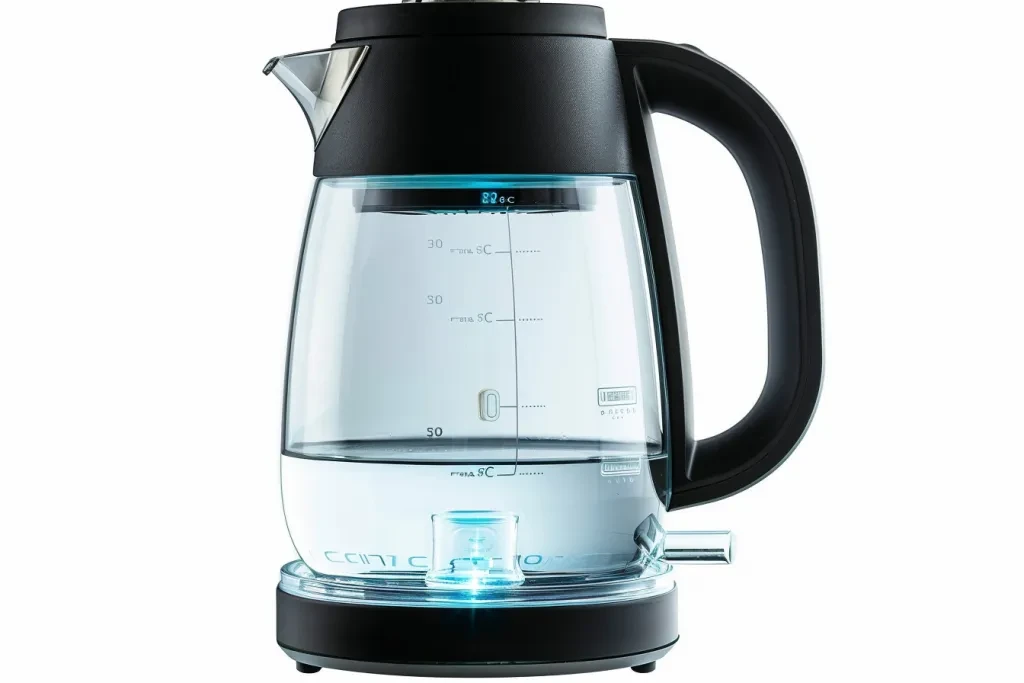
When selecting a water boiler for commercial or industrial use, several crucial factors must be considered to ensure optimal performance, efficiency, and longevity. Below are the key considerations that professionals in the machinery industry should evaluate.
Performance and Capacity
Performance is a critical factor when choosing a water boiler. The boiler’s capacity to meet the demand for hot water is paramount. For instance, a boiler with a high British thermal unit (BTU) rating can heat larger volumes of water more quickly and efficiently. Additionally, consider the boiler’s recovery rate, which is the amount of water it can heat to the desired temperature per hour.
For commercial applications, a boiler with a recovery rate of 100 gallons per hour or more is often necessary. In industrial settings, boilers may need to handle several thousand gallons per hour. The performance must align with the specific needs of the operation to avoid undersizing or oversizing the equipment.
Energy Efficiency
Energy efficiency is another critical aspect. Modern water boilers are designed to maximize energy use, often featuring high-efficiency ratings. The Annual Fuel Utilization Efficiency (AFUE) rating is a standard measure, with high-efficiency models boasting ratings of 90% or higher.
In addition to AFUE, look for boilers with advanced features such as modulating burners, which adjust the flame size to match the heating demand, and condensing technology that recovers heat from exhaust gases. These features reduce energy consumption and lower operational costs over time, making them a wise investment.
Build Quality and Materials
The build quality and materials used in constructing a water boiler significantly affect its durability and lifespan. High-grade stainless steel or cast iron are preferred materials due to their resistance to corrosion and high temperatures.
Stainless steel offers excellent longevity and minimal maintenance requirements. It withstands various water conditions without degrading, ensuring consistent performance. Cast iron, while heavier and more prone to corrosion, provides excellent heat retention and is often used in high-pressure applications.
Safety Standards and Certifications
Compliance with safety standards and certifications is non-negotiable. Water boilers should meet or exceed local and international safety regulations. For instance, boilers sold in the European market must comply with the Pressure Equipment Directive (PED) and carry the CE marking.
In the U.S., certifications from the American Society of Mechanical Engineers (ASME) ensure that the boiler meets rigorous safety and performance standards. Additionally, features such as low-water cutoffs, safety valves, and pressure relief valves are essential to prevent accidents and ensure safe operation.
Technological Advancements
The integration of advanced technology in water boilers enhances their functionality and user experience. Modern boilers often come equipped with smart controls that allow for remote monitoring and management via smartphones or dedicated control panels.
For example, Wi-Fi-enabled boilers can be monitored for performance metrics, maintenance alerts, and energy usage statistics. These smart features offer convenience and assist in predictive maintenance, reducing downtime and extending the boiler’s lifespan.
Understanding the Different Types of Water Boilers
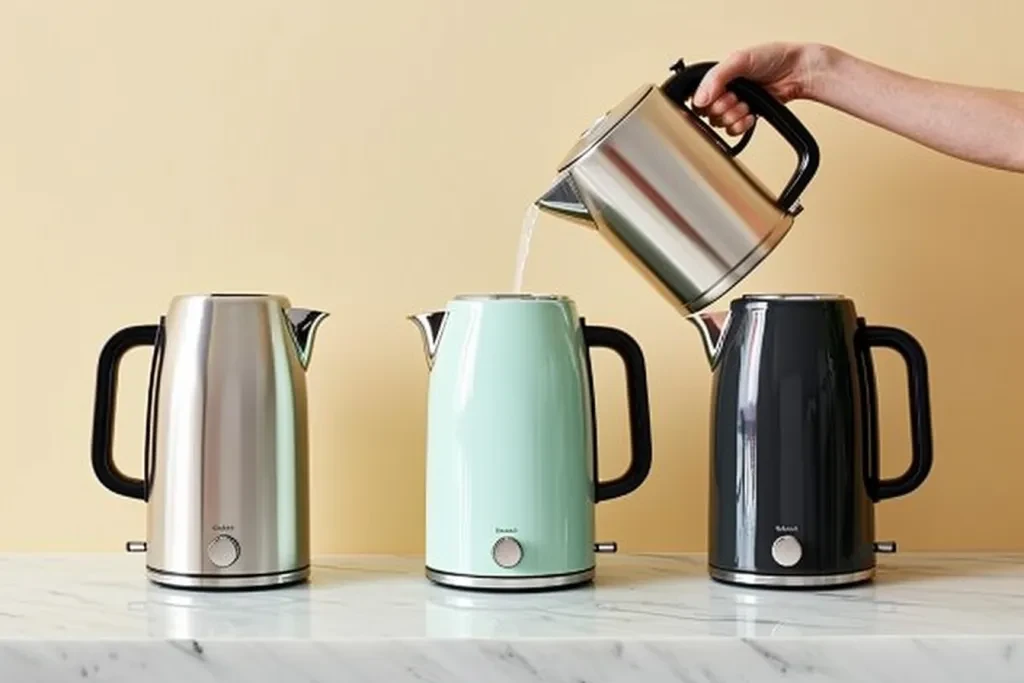
Water boilers come in various types, each suited to different applications and requirements. Understanding these types can help in making an informed purchasing decision.
Conventional Boilers
Conventional water boilers, also known as standard boilers, are the most common type. They are typically used in buildings with high hot water demand, such as hotels and hospitals. These boilers use a storage tank to heat and store water, ensuring a constant supply.
Conventional boilers are reliable and straightforward to maintain. However, they may not be the most energy-efficient option due to heat loss from the storage tank. Therefore, they are best suited for settings where hot water demand is continuous and predictable.
Combination Boilers
Combination boilers, or combi boilers, are compact units that provide both hot water and central heating. They do not require a storage tank, as they heat water directly from the mains supply. This makes them ideal for small to medium-sized establishments where space is a premium.
These boilers are highly efficient and offer the advantage of on-demand hot water. However, their capacity is generally lower than conventional boilers, making them less suitable for large-scale operations with high simultaneous hot water requirements.
System Boilers
System boilers are a hybrid between conventional and combi boilers. They use a storage tank but are designed to be more compact and efficient. System boilers are connected to a pressurized water supply, making them quicker to install and easier to maintain.
These boilers are suitable for medium to large buildings with significant hot water needs. They provide a balanced solution with better energy efficiency than conventional boilers and higher capacity than combi boilers.
Latest Technological Features in Water Boilers
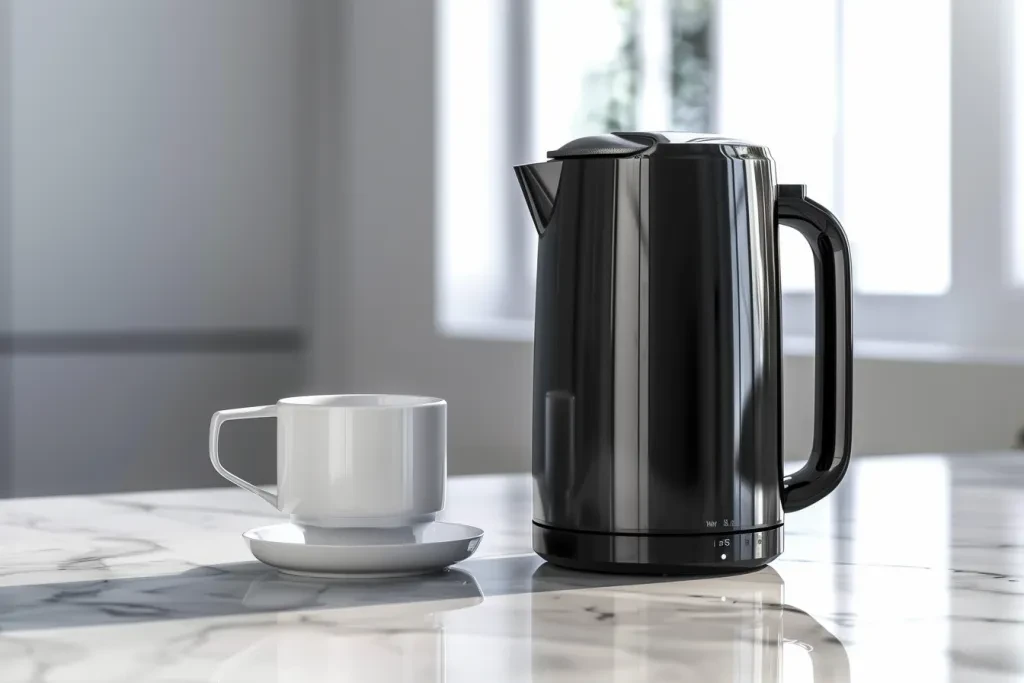
The water boiler industry has seen significant technological advancements, enhancing efficiency, safety, and user convenience.
Smart Controls and IoT Integration
One of the most notable advancements is the integration of smart controls and the Internet of Things (IoT). Modern water boilers can now be controlled remotely through smartphones or dedicated apps. This allows users to monitor performance, receive maintenance alerts, and adjust settings from anywhere.
IoT integration also enables predictive maintenance, where the boiler can alert users to potential issues before they become serious problems. This reduces downtime and extends the boiler’s lifespan, providing a significant return on investment.
Condensing Technology
Condensing technology is another significant advancement. Condensing boilers are designed to capture and reuse heat from the exhaust gases, which would otherwise be wasted. This process significantly increases efficiency, often achieving AFUE ratings of 95% or higher.
These boilers are particularly beneficial in commercial and industrial settings where energy consumption is a major concern. The higher efficiency translates to lower energy bills and a reduced carbon footprint.
Modulating Burners
Modulating burners adjust the boiler’s output to match the heating demand. Unlike traditional burners that operate at full capacity regardless of the demand, modulating burners can vary their output, reducing energy consumption and wear on the boiler.
This technology improves efficiency and enhances the boiler’s performance and longevity. It ensures that the boiler operates at optimal levels, providing consistent hot water without unnecessary energy use.
Addressing Regulatory Compliance and Certifications
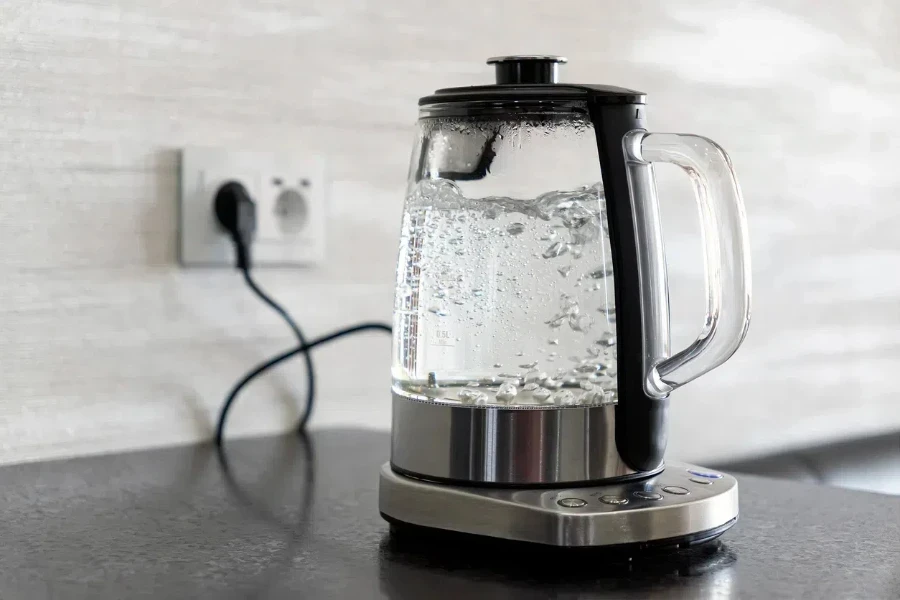
Ensuring that a water boiler complies with relevant regulatory standards and certifications is crucial for safety and performance.
ASME and PED Compliance
In the United States, water boilers must comply with the standards set by the American Society of Mechanical Engineers (ASME). These standards cover various aspects of boiler design, construction, and operation, ensuring that the equipment is safe and reliable.
In Europe, the Pressure Equipment Directive (PED) sets similar standards. Boilers that meet PED requirements carry the CE marking, indicating that they comply with European safety and performance regulations.
Energy Star Certification
Energy Star certification is another important consideration. Boilers with this certification meet strict energy efficiency guidelines set by the U.S. Environmental Protection Agency. Energy Star-certified boilers use less energy, reducing greenhouse gas emissions and lowering operating costs.
Local and Industry-Specific Regulations
In addition to these broad certifications, it’s important to consider local and industry-specific regulations. For example, boilers used in healthcare facilities may need to meet additional standards for hygiene and safety. Similarly, boilers used in food processing must comply with regulations for cleanliness and contamination prevention.
Final Thoughts
Selecting the right water boiler involves careful consideration of various factors, including performance, energy efficiency, build quality, safety standards, and technological advancements. By understanding these aspects, businesses can make informed decisions that ensure reliable and efficient hot water supply, compliance with regulations, and long-term cost savings.
